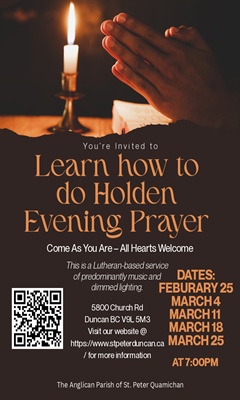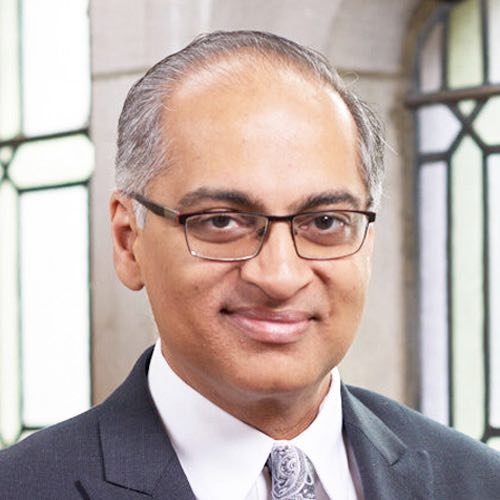Addressing racism has become an urgent matter in the wake of the murder of George Floyd (a year ago on May 25, 2020) and the rise of anti-Asian violence during the pandemic. Now, the latest heart-wrenching discovery of the remains of 215 Indigenous children at the Kamloops Indian Residential School reminds us of how much work we have yet to do here in B.C. A variety of secular voices have long laboured to ameliorate historical legacies of racism in North America. They would characterize racism as a blight on our common life. What can the Church add to their robust ethical conviction that “racism is wrong”?
Presumably, the Church wishes to add, “Racism is wrong, and it is contrary to God’s will!” Does adding God to the equation change anything? Or is the Church just jumping on a larger bandwagon? What does the church contribute to race matters that culture at large cannot? We might gather these queries together into one overarching question: is racism a theological matter or “just” a pressing social and ethical problem?
For good and for ill, Christian communities hold convictions shared by secular fellow travellers. In the U.S., the Episcopal Church is said to be the Democratic Party at prayer. White evangelical churches, by contrast, form the core base of the Republican Party. Such alliances raise critical questions: should the Church’s priorities set the Church apart even from the commitments of its secular allies? How so? Does the Church add only an intensifying exclamation mark?
In the United States, there has been theological panic among Southern Baptists. At the very end of 2020, presidents of six Southern Baptist seminaries released a statement saying “affirmation of Critical Race Theory, Intersectionality and any version of Critical Theory is incompatible with the Baptist Faith & Message.” Critical race theorists hold that racism is structural and not merely personal; racism is baked into our institutions and common life and cannot be reduced to a matter of personal intentions.
Racism is an assault on the innate dignity and the intrinsic worth of every person created in love by a loving God.
Denominations that reject critical race theory believe that secular work on race must not be permitted to influence Christian theological discourse. The Bible alone provides all that Christians need to manage the Church’s approach to race. The Church has little to learn from the world.
That defensive posture is not a good look. After more than a century in which critical secular voices have held Western churches to account on race, gender, sexuality, residential schools and colonialism, any ecclesial posture other than one of repentance, humility and a willingness to learn will strike the world as ecclesial arrogance. It is indeed high time for churches to learn from the world and, on race, that means learning especially from critical race theory.
But does the Church then have anything of its own to offer? Certainly! The Church has a vast treasury of resources on the question of race. Every core doctrine of the Church, including creation, incarnation and eschatology, has implications for how we should think and act on race. For Christians who confess that every human being is a created expression of the imago dei, racism is not merely a moral evil but a spiritual violation. Racism is an assault on the innate dignity and the intrinsic worth of every person created in love by a loving God.
Rabbi Abraham Joshua Heschel puts the point forward with prophetic passion and precision. “Faith in God is not simply an afterlife insurance policy. Racial or religious bigotry must be recognized for what it is: satanism, blasphemy.” This profound reverence for the sacredness of human life, affirmed by many of the world’s religious traditions, ought to drive the Church forward in its quest to advance Martin Luther King, Jr.’s beloved community.
The trouble is not a lack of resources; the trouble is that churches have seldom lived into the truth we are called to hallow and herald. That is why the Church needs critical race theory and a host of other secular and interreligious resources: to lead us to repair and renewal. Perhaps it will be the world that drags the Church kicking and screaming into what God has called the Church to be.
Christian communities have a lot to say both about human dignity and the ways that the structural sin of racism demeans that dignity. Analyzing the specific forms that such sin takes will require the theoretical and practical resources of critical race theory, other secular theorists and activists from communities we have violated.
Today the healing winds of the Holy Spirit seem to be at work more powerfully among critical race theorists, BLM activists and Indigenous resisters than within the staid walls of our stately churches. The time has come for us to listen and learn. “The wind blows where it chooses, and you hear the sound of it, but you do not know where it comes from or where it goes.”



